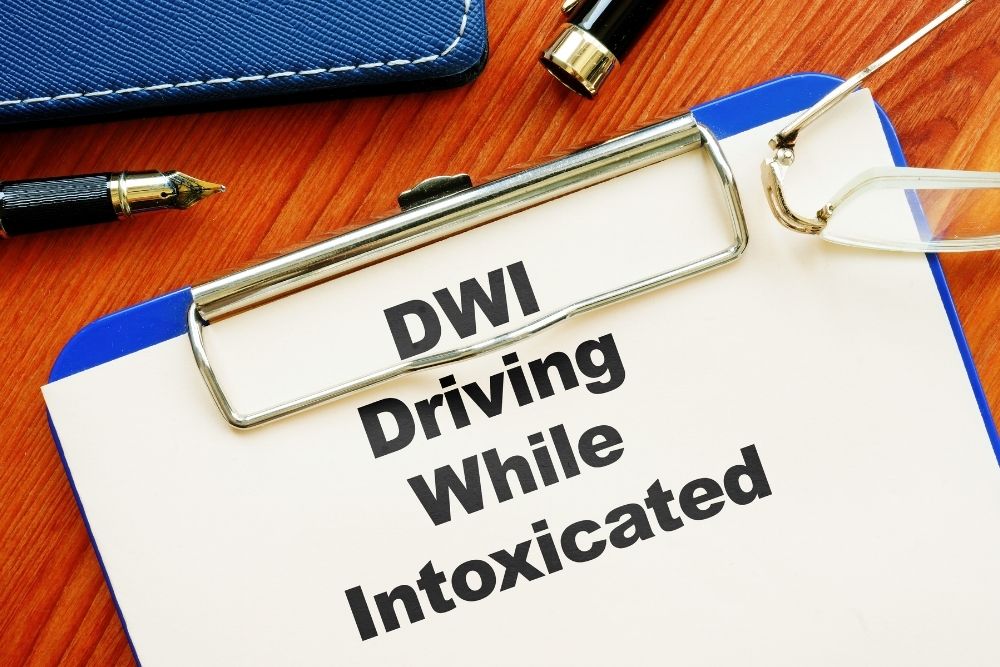If you are charged in Minnesota with drugged driving, you may be wondering if the possible penalties or charges you face are less severe than driving under the influence of alcohol. Well, not to be the bearer of bad news, but that’s unfortunately not the case.
In some states, there is a legal distinction between drunk and drugged driving, but in Minnesota, there is no distinction. A DWI, the charge faced by most people under the influence of drugs while driving, can also be charged for being under the influence of alcohol.
Here is what you need to know about DWI charges and penalties in Minnesota. This will help clear up what you may be facing if you’ve been charged with this crime over the holidays.
DWI Laws in Minnesota
DWI stands for “driving while intoxicated” under Minnesota law. That intoxication can stem from being under the influence of either drugs or alcohol.
Under Minnesota law, it is illegal to operate, be in physical control of, or drive a motor vehicle when any of the following things are true:
- The person driving is under the influence of drugs, alcohol, or another intoxicating substance.
- The person driving has a blood alcohol content of 0.08 percent or higher.
- The person driving has a Schedule I or Schedule II substance other than marijuana in any amount in their system.
- The person driving is at the wheel of a commercial vehicle and has a blood alcohol concentration of 0.04 percent or higher.
It should also be noted that refusing to submit to a chemical test if an officer has probable cause to suspect you of a DWI in Minnesota is also against the law.
Penalties for DWI in Minnesota
There are many factors that can influence the penalties someone can face for a DWI in Minnesota. Often, penalties correlate with the number of previous DWI convictions a person has on their record.
First Offense
If it’s your first DWI, then you may face up to three months in jail for this misdemeanor charge. You may also have to pay fines of as much as $1,000 and have your license suspended for a period of 90 days.
Second Offense
This is considered a gross misdemeanor and can result in up to 12 months in jail and fines of as much as $3,000. You may also lose your license for up to one year and have your license plate impounded. In some cases, the judge may impose a 30-day mandatory jail sentence.
Third Offense
For the third offense in a period of 10 years, you’re looking at gross misdemeanor charges. That can result in up to $3,000 in fines and a period of three months in jail. You can also lose your license and have your vehicle forfeited.
Fourth Offense
A fourth offense in 10 years is a felony. Potentially, you could go to prison for up to seven years and be responsible for fines of as much as $14,000. Also, your license can be canceled and your vehicle forfeited.
Don’t think the absence of alcohol means that you won’t face consequences for driving while intoxicated in Minnesota. You can certainly be held accountable for operating a vehicle when you shouldn’t legally be. A conviction can follow you around for the rest of your days, impacting many different areas of your life.
About the Author:
Christopher Keyser is an AV-Preeminent rated criminal and DWI defense attorney based in Minneapolis who is known for fighting aggressively for his clients and utilizing innovative tactics to get the most positive results. He has been featured in numerous media outlets due to the breadth and depth of his knowledge and named a Certified Specialist in Criminal Law by the Minnesota Bar Association. Mr. Keyser is Lead Counsel rated, and he has received recognition for his criminal law work from Avvo, Expertise, Super Lawyers, The National Trial Lawyers, and more.







